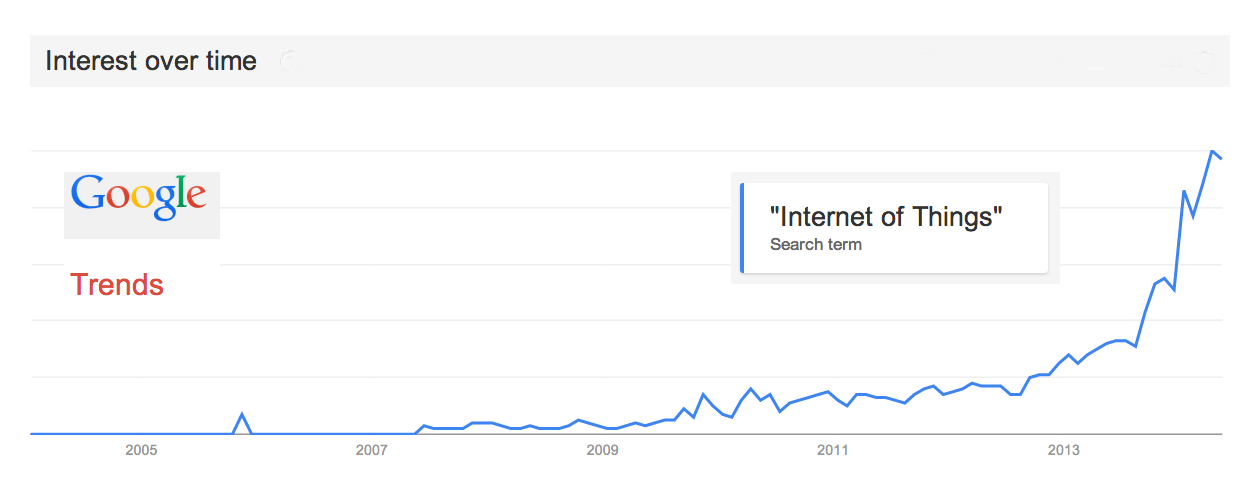I’ve been asked how EULAs — End User License Agreements — might affect the Internet of Things, now becoming better known as the IoT. Good question. The topic is hot:
Development, however, is another story. There we are headed straight into a log-jam that Phil Windley calls the Compuserve of Things. In the 80’s and early ’90s, Compuserve was as close as any of us could get to experiencing the real Internet (which was available only to a limited selection of governments, universities and big companies). Compuserve’s competitors were AOL (originally America OnLine), Prodigy, MSN and a few others not worth mentioning.
The problem was that all online services were closed and proprietary. Communication between them was difficult or impossible. Your Compuserve email only worked with other Compuserve members. Same with your Prodigy and AOL mail. Same with instant messaging (which retains its old proprietary problems even to this day.)
Where we are headed today is not the Internet of Things, but the Google of Things, the Apple of Things, the Microsoft of Things, and low-effort sports and war stories in the media misdirecting attention away from the real Internet and toward fights between giants.
Also evolving away from the Net will be the Every-BigCo-of-things, and their suppliers of proprietary platforms. (Let’s call that one EBCoT.) Every one of these, of course, will have its own EULA.
The Internet has no EULA. It just has an A, for Agreement. That’s because the Internet is defined by protocols, which are manners — agreements — among the things it connects.
For the trillions of things in the world to work in the actual Internet, they need be subject to that same agreement (and others like it, tuned for things other than computers), but not licenses from controlling parties, because that would not be the Internet.
EULAs suck already anyway, for two legacy reasons: 1) they are one-sided and coercive; and 2) nobody reads them other than the lawyers who write them. Let’s unpack both problems.
Most EULAs are what legal folk call “contracts of adhesion.” That term was coined by Friedrich Kessler in 1943, at the apex of the Industrial Age (when Industry was causing, fighting and winning WWII). Adhesive contracts, Kessler said, were the only way any one company could achieve legal scale with masses of customers and users.
But what worked as an upside for industry had a downside for everybody else, because adhesive contracts came at a cost. Freedom of contract, long a form of vernacular law in everyday life, was shoved aside by industrial expedience.
What Kessler saw as both an efficient hack and a moral drag became more of both in the Information Age in which we live today. And it be a far bigger drag if it encumbers every Thing we want to put on the Internet.
Most of us don’t read EULAs, or the privacy policies that often accompany them, because to do so is both useless and time consuming. They are useless because they exist mostly to scrape off liability and other inconveniences on the customer or user. And they suck up time because they are written in legalese, by and for lawyers, rather than the rest of us.
So: what can we do? I’ll take that up in the next post.
Bonus link: Tony Faddel on Nest’s independence from Google and why he doesn’t like “Internet of Things” as a label.

Leave a Reply